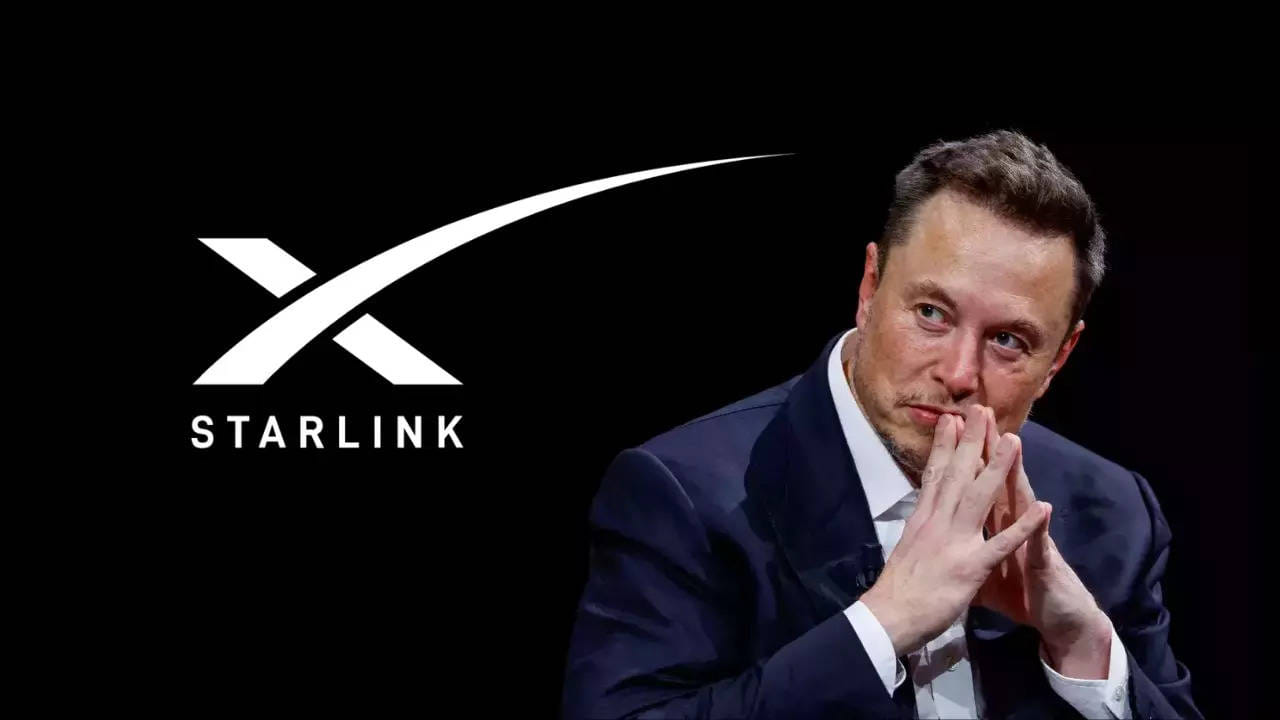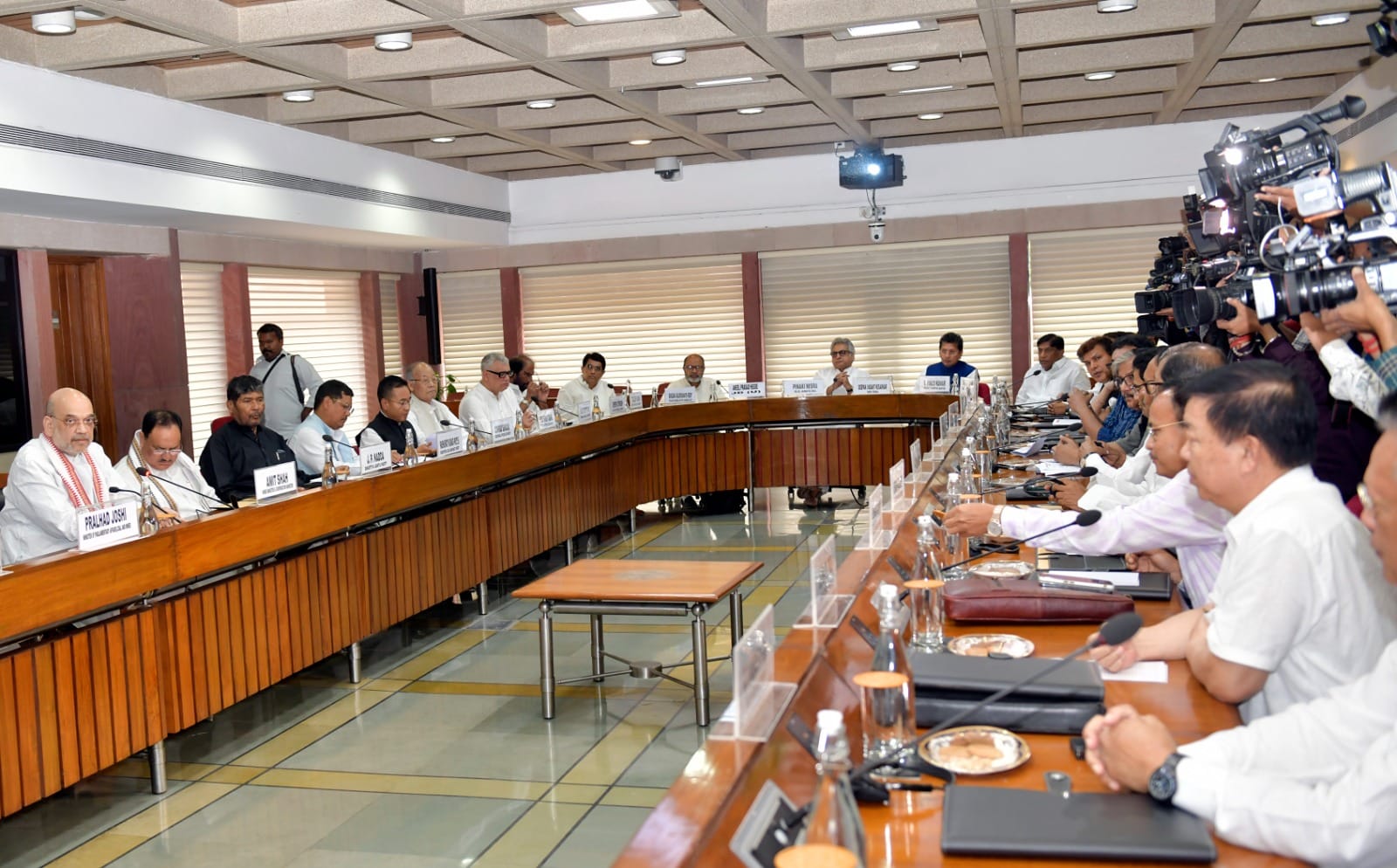In a landmark decision, the Indian government has opted to allocate spectrum for satellite broadband services, departing from the traditional auction model. This policy shift is a major boost for global players like Elon Musk’s Starlink, aligning India’s approach with international norms.
Communications Minister Jyotiraditya Scindia announced that India would follow the International Telecommunications Union’s (ITU) guidelines, which advocate for assignment-based spectrum allocation for satellite communications. This decision counters the demands of Indian telecom giants, who favor auctioning to ensure competitive fairness.

Starlink, which has been pushing for a non-auction model, stands to benefit significantly. The administrative allocation method, where the government sets a fixed spectrum price, is widely used globally for satellite broadband. It allows companies like Starlink to enter markets with lower costs compared to the hefty fees associated with traditional telecom spectrum auctions.
Having already applied for a license in India, Starlink can now anticipate a smoother, more affordable market entry. This approach could help the company offer its satellite-based internet services at competitive rates, bolstering its expansion plans in one of the world’s fastest-growing digital economies.
Minister Scindia underscored the importance of adhering to ITU’s framework, stating, “Spectrum in space is meant to be assigned, not auctioned.” This move aims to foster a policy environment conducive to innovation and global investment in India’s satellite broadband sector.
However, the decision has sparked criticism from domestic telecom heavyweights like Reliance Jio and Bharti Airtel, led by industry moguls Mukesh Ambani and Sunil Mittal. They argue that auctioning satellite spectrum would level the playing field, given the significant sums they’ve already invested in terrestrial spectrum through competitive bidding.
Both companies are eyeing opportunities in the satellite internet space and fear that administrative allocation could disproportionately benefit global entrants like Starlink, potentially undermining local competition.
India’s stance is enshrined in its new Telecom Act, which places satellite spectrum under “Schedule 1” for allocation rather than auction. The policy aims to streamline satellite communications, reduce operational hurdles, and align India with global best practices.
For Starlink and other international players such as Amazon’s Project Kuiper, this decision paves the way for rapid expansion in the Indian market. By lowering entry barriers, the government hopes to enhance competition, drive innovation, and improve internet access in remote and underserved areas, reshaping India’s digital landscape.



